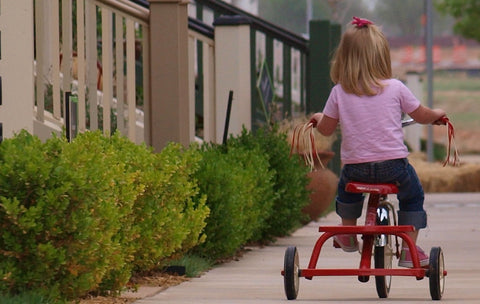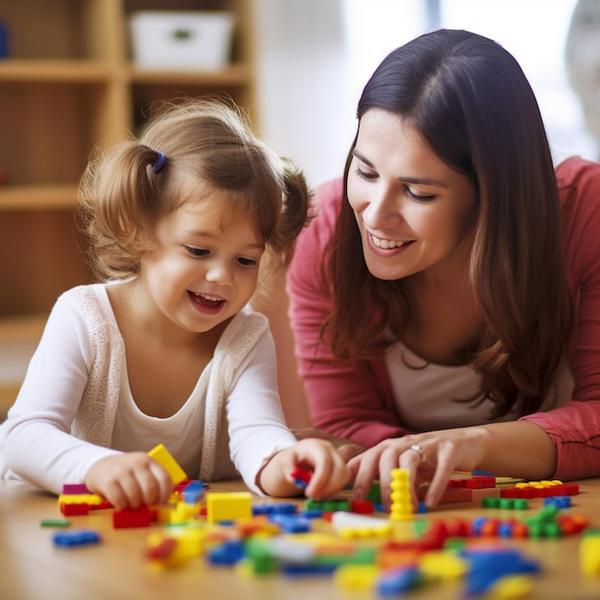Encouraging Respect in Your Toddler
Erin Burt1 comment
We would all love for our kids to grow up to be kind, considerate, compassionate, respectful adults that make the world a better place. Getting there may not always be the easiest because kids are, well...kids. And toddlers especially are still figuring it all out and are there to test every boundary that you set.
So much of your child’s behavior at this age depends on their personality. But there are some aspects that you can influence to raise a child who is empathetic and caring toward others.
- Modeling is one of the best ways to start your toddler early in learning, understanding, and practicing respect. In fact, it is so effective that it is widely used in psychology for behavior management (a term called Social Learning Theory). Kids learn more from what you do rather than what you say. Instead of prompting them to say “please” and “thank you,” do so yourself and they will get there in their own time. Tone is important, too. If you find yourself being snappy or short with your toddler, expect attitude in return and understand why you’re getting it. Instead of correcting them, try changing your tone and see what happens.
- Include your child in conversations. They aren’t invisible, but sometimes as parents we talk about them as if they weren’t in the room. If somebody asks you how they are doing or how a trip went, invite your kid to speak for themselves. It gives them some autonomy and helps them realize that their words matter.
- The best that you are able to, expose your kids to as much diversity as you can. The more differences they see in other people from such a young age will help them to be more accepting teenagers and adults later on.
- Communication is important. It also involves something that can be tough for a toddler parent, and that is to not overreact when they will inevitably try to get a rise out of us. Rather, when they do something that you’re not happy with, try to get face to face with them and explain that the behavior is not ok and why. It goes back to modeling; when you are upset or angry but are able to express your emotions in a calm, rational manner, your kids will see that and may use that as a communication tool for themselves.
- Praise respectful behavior. The key here is to praise them in detail and avoid just saying “What a good girl/boy!” or “Good job!” Instead say something like, “Thank you for saying please when you asked for more!” When you are explicit with your praise, they will see that their efforts are worthwhile and appreciated.
None of us are perfect and will have moments where we may not always be able to be calm, but overall if we can manage these few things our kids will be on the road to being even more awesome then they already are.
Lisa is a babywearing, breastfeeding, cloth-diapering mama that works hard to not lose her cool on an almost daily basis.









Comments (1)
Muchas gracias. ?Como puedo iniciar sesion?